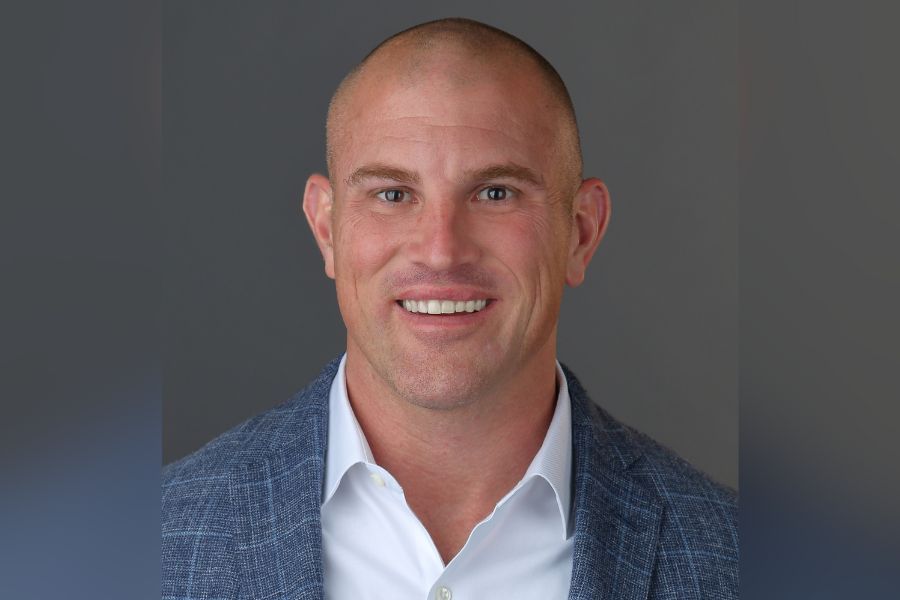Facing down the inevitable fiduciary standard
The Labor Department and the Securities and Exchange Commission for nearly four years have been considering rules that…
The Labor Department and the Securities and Exchange Commission for nearly four years have been considering rules that would raise investment advice standards and require that anyone providing guidance to clients act in their best interests.
Despite the regulatory inertia, the advice industry is inexorably moving toward what is effectively a fiduciary standard, as clients seek a relationship with their financial advisers that goes beyond securities transactions — and demands trust.
“Who doesn’t want to say they’re a fiduciary? Fiduciary duty is right out of Adam Smith,” said John Bogle, founder of The Vanguard Group Inc. and a leading fiduciary advocate.
“The ultimate good is serving the consumer,” he said. “And if you don’t, sooner or later, clients will give you up.”
Advisers with LPL Financial often are both investment advisers and registered representatives.
But the firm’s executives said those advisers don’t take off one hat and put on the other when working with clients.
“They’re already on the same side of the table,” LPL president Robert Moore said. “If you’re an end-consumer, you’re expecting trusted advice and you’re expecting an experienced adviser to assist with that advice.”
WORD OF MOUTH
Independent advisers are motivated to act in the best interests of their clients because their name is on the door, and word of mouth will determine whether new clients keep coming through it, said Don Runkle, senior vice president and chief compliance officer at Raymond James Financial Services Inc.
“The old-school “sell a client something and not think about it again after that’ is already becoming a thing of the past,” he said.
That attitude also is permeating retirement advice, according to Joe Frustaglio, national sales manager at Nationwide Financial.
“You don’t see advisers implement plans and walk away from them anymore,” he said. “We think that’s very healthy for the industry.”
The advice industry is going through a fundamental change, said Skip Schweiss, managing director of adviser advocacy at TD Ameritrade Institutional.
“All signs are pointing in the direction of an advisory model rather than a brokerage sales model,” he said. “Over a long period of time, [brokers] are morphing themselves into advisers.”
The growth in managed, or fee-based, accounts is emblematic of the shift. Assets in those accounts, which must be administered in the client’s best interests, grew to $3.5 trillion in April 2013, from $2.3 trillion in April 2011, according to Cerulli Associates Inc.
The transition gives advisers a steadier stream of income, based on the fee charged on assets, and more closely synchronizes their welfare with that of clients: They will get paid more as their clients’ accounts grow.
“You can tell your clients that you’re aligned with them,” said Patrick Newcombe, a senior analyst at Cerulli. “It’s changing the conversation with the client.”
A number of forces are pushing the advice sector toward higher standards of loyalty and care, said Blaine F. Aikin, chief executive of fi360 Inc., a fiduciary training firm.
“I think it’s a combination not only of the regulatory pressure but also the competitive pressures and client demand,” he said.
Even the Financial Industry Regulatory Authority Inc., the broker-dealer regulator, is encouraging brokers to act in the best interests of clients, even though they are required only to offer “suitable” investments.
Finra has expanded the suitability rule so that it is closer, in effect, to a fiduciary standard, and last year released a study of conflicts of interest suggesting that brokers should go beyond the suitability requirement.
As client needs change, the traditional broker — the kind immortalized in E.F. Hutton & Co. ads calling a client with a hot stock tip — is going by the wayside, according to Steven Wallman, chief executive of Foliofn Inc. and a former SEC commissioner.
Investors are sorting themselves out between those who pay for full-service advice and those who are self-directed.
“You’re seeing a hollowing-out of that old-fashioned broker-dealer,” Mr. Wallman said. “That whole model is disintegrating.”
What is coming in its place is an advice sector that puts a premium on helping clients with the big picture of their finances and offers a range of services, such as tax and estate planning, according to Mr. Bogle.
“We will gradually see a movement toward accounts that are charging a fee not for assets but for services, like an accountant or lawyer would do,” he said.
SUPERVISORY STRUCTURE
One of the challenges for broker-dealers is coming up with a supervisory structure that will ensure advisers are acting as fiduciaries. It isn’t as clear-cut as monitoring securities transactions.
“We’re really having to get our advisers to be particularly diligent on keeping notes on everything,” Mr. Runkle said. “Documentation is a huge element of being able to demonstrate fiduciary actions and being able to have some sort of supervisory oversight.”
That kind of monitoring will determine the extent to which a fiduciary approach takes hold, regardless of where regulations wind up, according to Knut Rostad, president of The Institute for the Fiduciary Standard.
“There’s been too much of an easy embrace of the idea that everybody can have their own fiduciary standard,” he said. “How well investors are being served by brokers or financial advisers of different stripes comes down to what’s being enforced by their firms.”
Mr. Bogle, who is on the board of the fiduciary institute, doubts that regulators will produce a fiduciary-duty rule in the foreseeable future.
But the trajectory of the industry is ahead of the curve, bending inevitably in the fiduciary direction.
“I would call it being on the right side of history,” Mr. Bogle said.
Learn more about reprints and licensing for this article.








